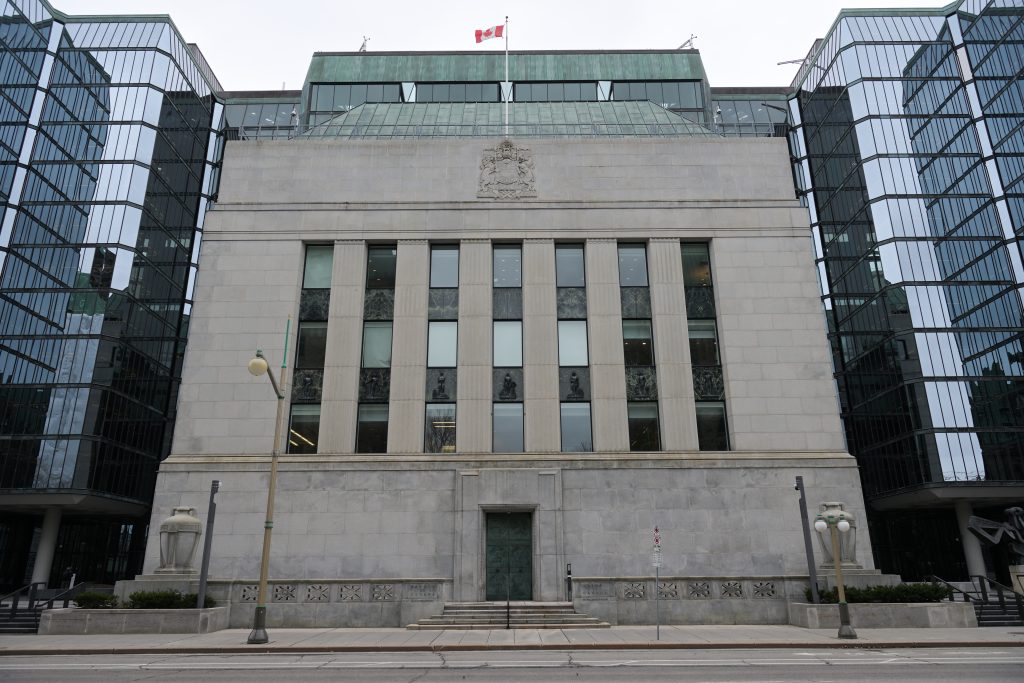
THE Bank of Canada is warning that the ongoing tariff dispute has “rattled markets” and increases the risk of “disorderly” selloffs that would test the country’s financial system.
“Continued US trade policy uncertainty could spur further market volatility and an abrupt repricing of assets, which in turn could lead to acute and persistent liquidity pressures,” the bank said in its annual report on Canada’s financial system Thursday.
A further correction in asset prices may be amplified if leveraged investors were to quickly unwind their trading positions, the central bank warned. The increased footprint of hedge funds in Canada government bond markets is a concern, given the amount of leverage those institutions take on to fund their positions, it said.
“Hedge funds need to make sure that they are prepared to respond to sudden liquidity needs without disrupting market functioning,” Senior Deputy Governor Carolyn Rogers said in an opening statement.
The central bank reiterated that a prolonged trade war would have “severe economic consequences,” reducing growth and increasing unemployment. That would add pressures for Canadian households and businesses from a debt perspective, and the risk of higher credit defaults and potential losses in excess of lenders’ provisions in that scenario could lead banks to pull back on lending, policymakers said.
Officials also warned that a long period of tariff disputes would “test the financial resilience of businesses in industries tied to trade” in Canada.
Despite the risks, policymakers say liquidity levels remain high, funding is strong, and the Canadian financial system is “resilient.” Canada’s banks are “well positioned to cope with a period of stress,” officials said in the report.
The bank says 60% of households with mortgages will renew this year or the next, and that most will see their payments rise because they took out loans when borrowing costs were at rock bottom lows. At the same time, Rogers said “the average increase will be smaller than what we expected a year ago,” given lower than expected interest rates, and noted that the ratio of household debt to disposable income has eased.
For Canadians without mortgage, officials reiterated that they see financial stress rising. “The share of households without a mortgage that are behind on credit card or auto loan payments has continued to increase,” Rogers said.
The central bank also said that a surge in small business insolvencies last year was temporary.
Bank of Canada Governor Tiff Macklem and Rogers will speak to reporters at 11 a.m. in Ottawa. –BLOOMBERG
The post Bank of Canada says trade war raises ‘disorderly’ sell-off risk appeared first on The Malaysian Reserve.

